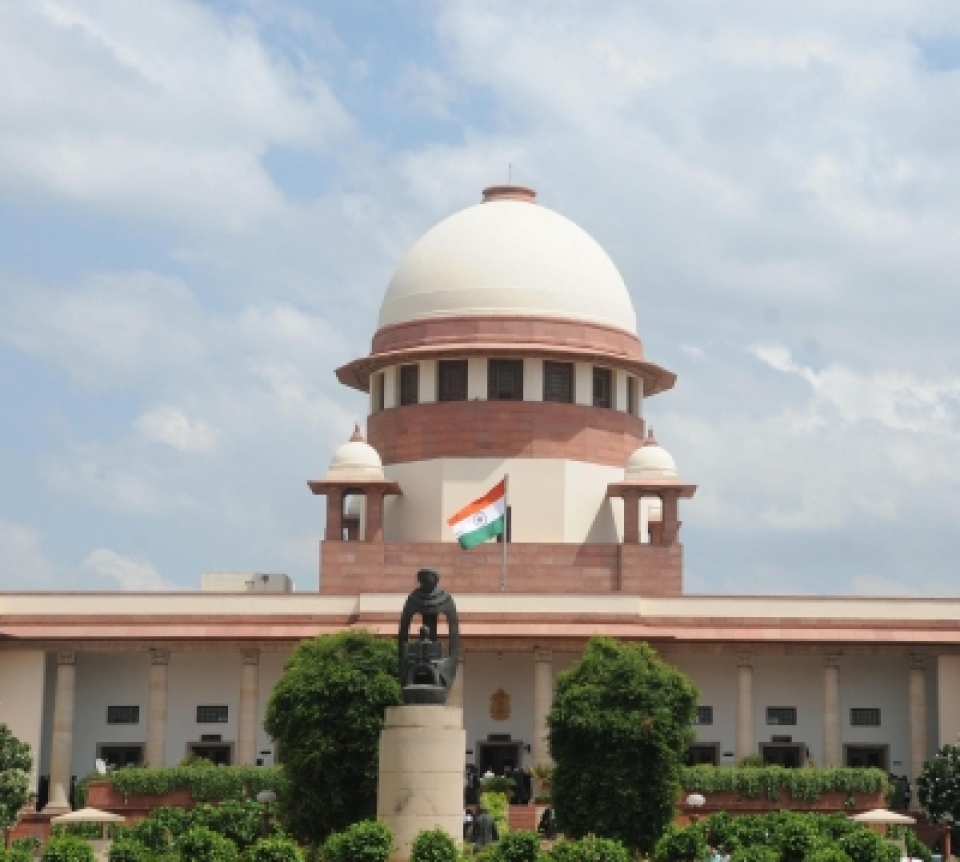New Delhi: Expressing exasperation over an order passed by the Orissa High Court in a case, Supreme Court judge Justice DY Chandrachud quipped that the biggest problem of ‘computer age’ is cut and paste orders passed by high courts.
Justice Chandrachud’s remark came during the hearing of a petition filed by Union Public Service Commission (UPSC) challenging the order of Orissa High Court wherein the HC refused to interfere with the order passed by CAT, Cuttack directing UPSC to consider the promotion of an Odisha civil service officer to IAS cadre.
Justice Chandrachud observed that one of the gravest problems of computer age is ‘cut and paste order’.
“I hate seeing High Court orders only doing cut and paste. If you are upholding something you have to give reasons,” Justice Chandrachud said.
Significantly, in around 17-page judgement, the Orissa High Court had recorded the judgement of the tribunal in the matter and refused to interfere with it saying that it has elaborately dealt with the question of law in the issue.
“We have heard learned counsel for the parties and perused the materials including the impugned order. The learned tribunal has elaborately dealt with the contentions of learned counsel for the parties with reference to the materials available on the record. In our considered opinion, the tribunal has not committed any jurisdictional error. No interference is called for,” the High Court had said in judgement.
Justice Chandrachud held that cutting and pasting from tribunal judgement may add to volume of pages but does not address the core issue of the appeal.
The SC bench also comprising Justice MR Shah set aside the order passed by the Orissa High Court and observed that the high court had failed to apply its mind independently to the case.
“The High Court order is set aside accordingly. Letter patent appeal stands restored in High Court. Respondent has retired and decision will affect his pension. Hence the case to proceed on that note,” the bench said.

